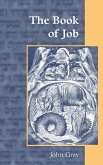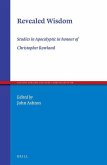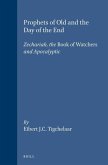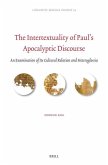This groundbreaking study on the book of Job is the first systematic effort to reveal and organize its apocalyptic impulses. Drawing on such scholars as John Collins, Christopher Rowland and Frank Moore Cross, Johnson argues that interpreting Job through the lens of apocalypse yields a coherent reading that is able to incorporate all of the seemingly disparate literary features of the book that historically stymie interpreters. An apocalyptic reading of Job begins with the presence of three important revelations; Eliphaz's vision, the hymn to wisdom and the Yahweh speeches. A literary division following these revelations contributes to the book's overall emphasis, which is to persevere in the midst of suffering. Thorny questions such as the reason Elihu was not rebuked by God in the epilogue receive fresh treatment from an apocalyptic paradigm. In tracing the history of the interpretation of Job, Johnson offers evidence that both Jewish and Christian traditions recognized many of these 'apocalyptic' elements. For example, the LXX version of Job contains a resurrection plus in the epilogue, the Testament of Job emphasizes the influence of Satan, the Qumran sect may have drawn strength from the book's message to persevere, and the 'apocalyptic' passage of James upholds Job as a model for perseverance. Viewing Job as a nascent form of apocalypse may also resuscitate Von Rad's hypothesis that apocalypse grew out of wisdom categories over against the more commonly accepted prophetic works. Students of Job at all levels are treated here to a stimulating appraisal that will open their eyes to the apocalyptic characteristics woven throughout this diverse book. This monograph will make important contributions to genre studies, the history of interpretation and be valuable to those interested in the intersection of wisdom and apocalypse.








